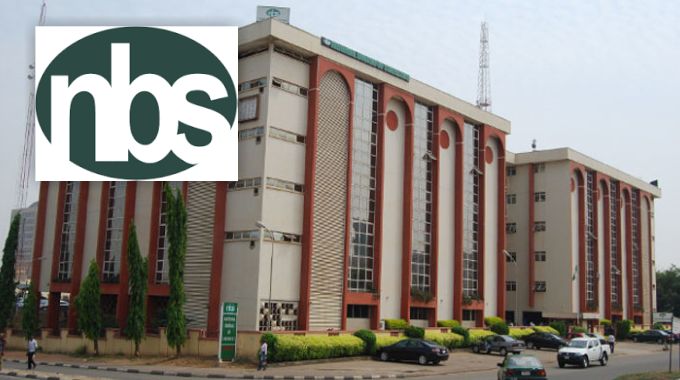Nigeria, despite being Africa’s largest crude oil producer, finds itself in a paradoxical situation: importing substantial amounts of crude oil while its own refineries struggle with inadequate domestic supply. In the first quarter of 2025, the nation spent a staggering N1.19 trillion on crude oil imports, making it the third most imported product, according to the National Bureau of Statistics (NBS). This heavy reliance on foreign crude underscores a systemic failure in aligning domestic production with local refining capacity, forcing refineries to seek feedstock from international sources like the United States, Angola, and Algeria. This costly import burden, combined with significant expenditures on refined petroleum products like gas oil and motor spirit, consumed over 30% of Nigeria’s total import expenditure for Q1 2025, exceeding N4.78 trillion. This financial strain highlights the urgent need for a sustainable solution to the nation’s refining woes.
The irony of Nigeria, a major oil producer, importing crude oil is further exacerbated by the fact that local refineries, both modular and large-scale facilities like the Dangote Refinery, are operating below capacity due to this very issue. The unavailability of domestically produced crude oil compels these refineries to turn to the international market, a more consistent yet more expensive alternative. This reliance on foreign crude undermines the potential of the domestic refining sector, hindering its contribution to national energy security and economic growth. The NBS data reveals the magnitude of this reliance, with the United States supplying over 60% of Nigeria’s imported crude, followed by Angola and Algeria. This dependence on foreign suppliers further exposes the nation to global market fluctuations and geopolitical risks.
This dependence on imported crude and refined petroleum continues to drain Nigeria’s foreign exchange reserves and hinders the growth of its downstream sector. While the country’s total imports reached N15.43 trillion in Q1 2025, a significant portion was dedicated to mineral fuels, primarily crude oil, gas oil, and motor spirit. The NBS report highlighted China, India, and the United States as Nigeria’s top import partners, further underscoring the outflow of resources to foreign markets. The dominance of petroleum products in the import bill signifies the urgent need for the country to optimize its refining capacity and reduce its reliance on external sources.
The root of this problem lies in the disconnect between crude oil production and domestic refining capacity. Despite increased oil output exceeding 1.4 million barrels per day, local refiners, including modular refineries, have struggled to secure access to the necessary feedstock. The Domestic Crude Supply Obligation (DCSO) framework, a key component of the Petroleum Industry Act 2021, was designed to address this issue by mandating a certain percentage of crude oil production for domestic refining. However, its implementation has been fraught with challenges, as producers and traders prioritize more lucrative export markets, often bypassing the DCSO regulations in pursuit of quick foreign exchange gains.
This circumvention of the DCSO framework has resulted in approximately 500,000 barrels of crude oil per day, intended for domestic refining, being diverted to the international market. The Nigerian Upstream Petroleum Regulatory Commission (NUPRC) has recognized this problem and implemented a ban on exporting crude oil allocated for local refineries, emphasizing the illegality of such diversions. However, the Crude Oil Refinery Owners Association of Nigeria (CORAN) has voiced concerns about the effectiveness of this ban and the need for a more robust regulatory environment to ensure compliance. CORAN members have resorted to private arrangements and imports to sustain their operations, often operating below capacity due to limited crude access.
The NUPRC, in its efforts to improve transparency and accountability, has published data on the crude oil requirements of domestic refineries, including the Dangote Petroleum Refinery and several smaller facilities. This data reveals a substantial demand of 770,500 barrels of crude equivalent per day for the first half of 2025, representing a significant portion of the country’s total crude oil production. The NUPRC has emphasized its commitment to ensuring sufficient crude supply for domestic refineries through initiatives like Project One Million Barrels, which aims to boost production capacity. However, the persistence of crude oil diversions and the continued reliance on imports suggest that more stringent measures are required to enforce the DCSO and optimize the performance of the downstream sector. CORAN has appealed to the government for greater support for domestic refineries, particularly modular refineries, emphasizing their potential contribution to the economy and the stabilization of the Naira against foreign currencies. This call for support highlights the need for a collaborative approach between government, regulators, and refinery operators to address the systemic challenges hindering the growth and efficiency of the Nigerian refining sector.














